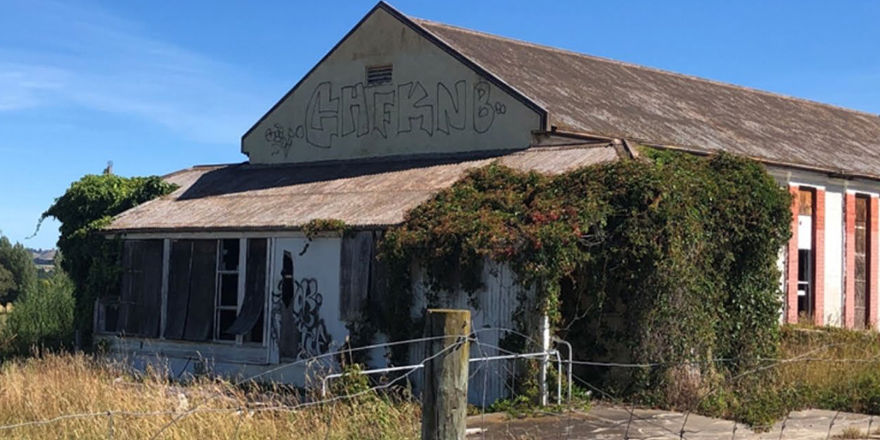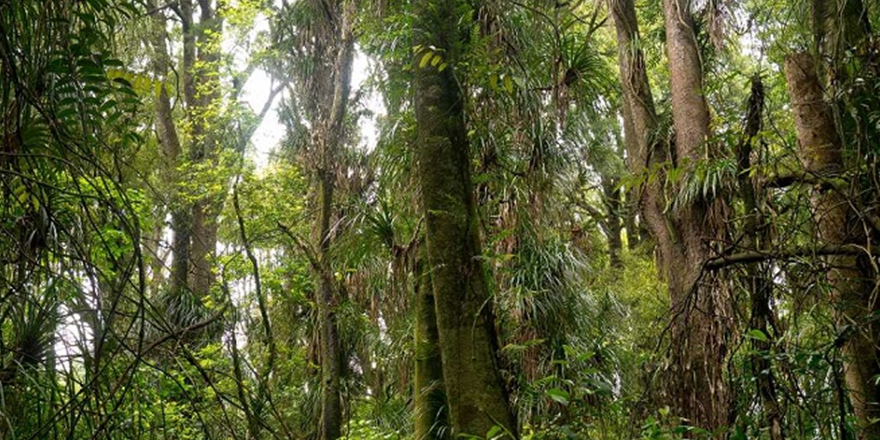Executive summary
Instinctively as human beings we want to communicate. When children fail to speak their first word on time at the designated age, modern parents rapidly seek a medical and scientific reason for this failing in their offspring. Sometimes not reaching milestones is a good indicator of something not being well with the child and sometimes the child is just doing things in his own time. The alarm it brings to the adults in the child’s world indicates the importance of communication. Communicating connects us to first to the community of our family and so on as we grow and become independent, ideally expanding our community and communities as we grow.
Social media in this age of technology is our voice. The voice of a person who isn’t always sure they have something of worth to say but is pretty sure there are others out there in the cyber world who are of a similar mind, stage, experience in life. Social media starts out as a communication, a word, a post, a static statement that invites comment, responses and connection. Connection is a discussion, ongoing comments, a shared and retweeted statement, photos and stories becoming a community. Community, online is a fluid group of strangers and friends that welcome and regulates each other and guests, that fluctuates in numbers at any given time, that dies a natural death only to be resurrected by a new comment from a passerby.
When our physical community isn’t enough, our social media communities fill the gap; add value and validity to our efforts and our days, giving us knowledge and education, friends and sometimes even family.
“Facebook wants to populate the wilderness, tame the howling mob and turn the lonely, antisocial world of random chance into a friendly world, a serendipitous world” (Grossman)
The philosopher Descartes is best known for teaching the Latin saying “I think, therefore I am” as a tagline for explaining that we exist when we think for ourselves, test information given us and understand that most information that comes our way is an opinion. However in our modern time the saying could be rewritten as “I communicate, therefore I am” maybe reversing or embracing the very point Descartes was making.
Sara Russell



